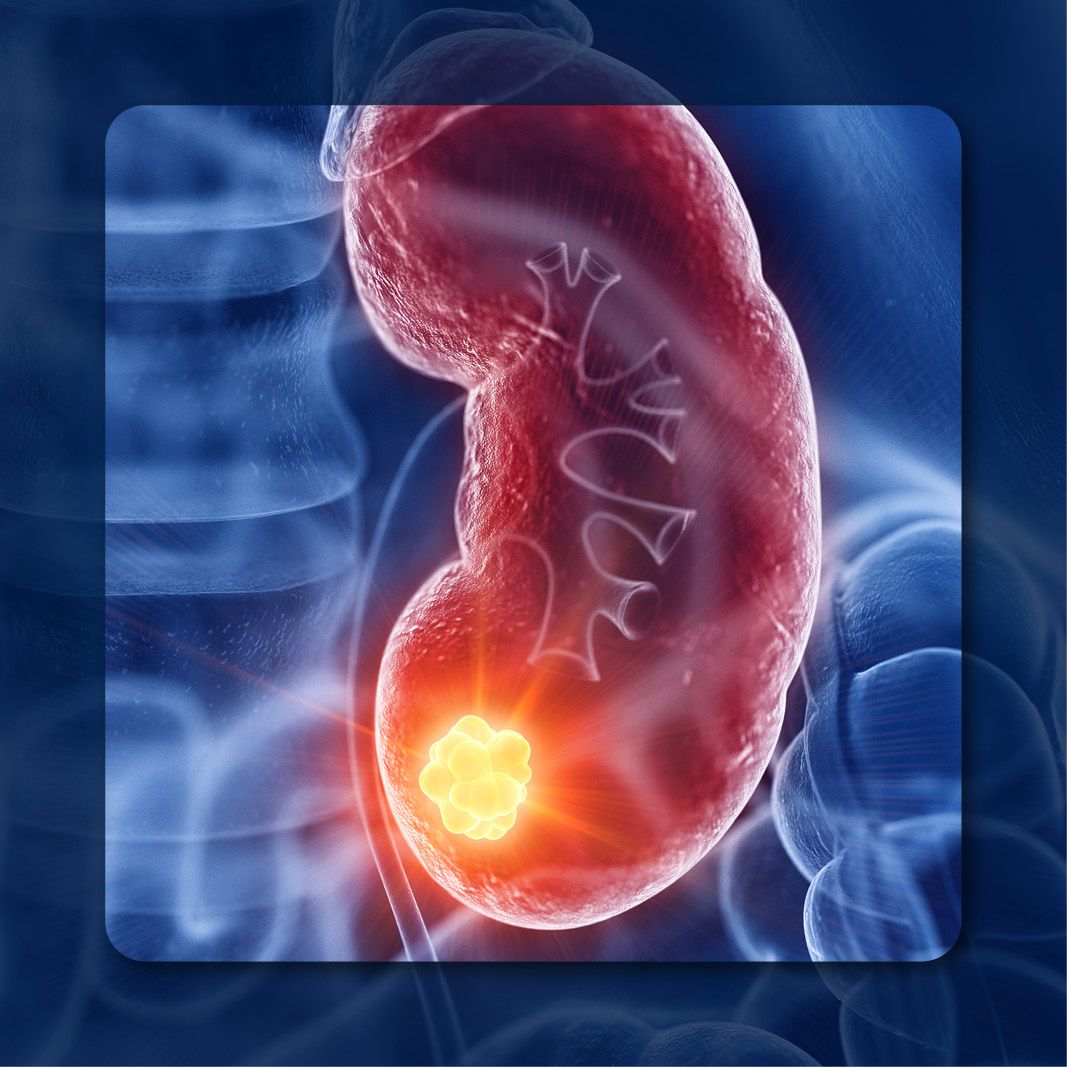Video
Dr. Petrylak on the Results of the EV-103 Trial in Bladder Cancer
Author(s):
Daniel P. Petrylak, MD, professor of medicine and urology, co-leader, Cancer Signaling Networks, Yale Cancer Center, and 2017 Giant of Cancer Care® in Genitourinary Cancers, discusses the results of the phase 1b/2 EV-103 trial in bladder cancer.
Daniel P. Petrylak, MD, professor of medicine and urology, co-leader, Cancer Signaling Networks, Yale Cancer Center, and 2017 Giant of Cancer Care® in Genitourinary Cancers, discusses the results of the phase 1b/2 EV-103 trial in bladder cancer.
The most compelling data that were presented at the 2020 Genitourinary Cancers Symposium came from the EV-103 trial, in which investigators evaluated the combination of enfortumab vedotin-ejfv (Padcev) and pembrolizumab (Keytruda) in platinum-ineligible patients with locally advanced or metastatic urothelial cancer. The results showed approximately a 90% tumor shrinkage rate, which was consistent with prior findings that were presented at the 2019 ESMO Congress. Moreover, the complete response rate was approximately 14%, says Petrylak.
The combination has sparked a lot of excitement, but the data are still evolving, particularly as they relate to the regimen’s potential utility in the cisplatin-eligible population, says Petrylak. The agent is currently approved for the treatment of adult patients with locally advanced or metastatic urothelial cancer who have previously received a PD-L1 inhibitor and platinum-containing chemotherapy in the neoadjuvant/adjuvant, locally advanced or metastatic settings.


















%20(2)%201-Recovered-Recovered-Recovered-Recovered-Recovered-Recovered-Recovered-Recovered-Recovered-Recovered-Recovered-Recovered-Recovered-Recovered-Recovered-Recovered-Recovered.jpg?fit=crop&auto=format)
%20(2)%201-Recovered-Recovered-Recovered-Recovered-Recovered-Recovered-Recovered-Recovered-Recovered-Recovered-Recovered-Recovered-Recovered-Recovered-Recovered-Recovered-Recovered.jpg?fit=crop&auto=format)
